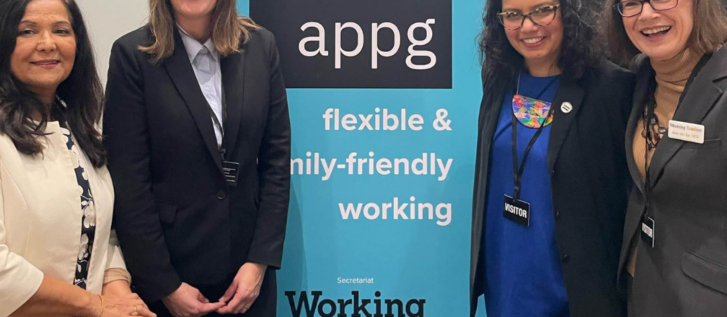
How to be a man
How to be a man, the Channel 4 two-part programme which launched this week, promised a lot...read more
New research finds around a third of businesses have yet to embrace flexible working. But a culture change may be necessary because of the coronavirus outbreak

The scale of the challenge in switching to more flexible working because of the coronavirus outbreak has been laid bare by new research.
Nearly a third of employees are not currently offered any flexible working.
Almost all workplaces will have to consider adopting homeworking and more flexible approaches as more people have to self isolate. Yet a third have yet to embrace the levels of flexible working that many workers, particularly millennial dads, demand. That points to serious disruption and problems.
According to the research carried out for Flexioffices 31% of UK employees are not provided the opportunity for flexible working arrangements by their employers.
The study of 2,000 UK employees found that 15% would consider leaving their role if a flexible working option was taken away from them. Of the 69% of UK employees that do have flexible working policies within their organisations, 39% said they enjoy work more because of it. On top of that 36% agreed that they are less stressed. And 34% stated that they are more productive. Around a third said that their employer provides good perks.
The ability to spend time with families was a popular outcome of flexible working according to participants, with one-third (32%) stating this. While 29% noted that alternative working structures have helped save them money. Additionally, one in five (21%) felt more active, 20% have saved time and felt healthier, while 19% felt they have a better social life.
Cities that have the highest occurrence of flexible working are Edinburgh (41%), Leeds (35%), Liverpool (34%), and London (33%). The cities with the lowest number of employees able to work flexibly are Glasgow and Newcastle with 23% each.
Michael Dubicki, business director at Flexioffices, said: “Our research indicates it’s time for employers to re-think how they approach remote working and for a lot of companies this will mean a culture change.”

New flexible working regulations came in over the weekend. But what do they mean and how does the process work for making a request for flexible... read more

HR expert Alan Price outlines the legislative changes coming up in April that will help working families. read more

A new parliamentary group aims to push the conversation about flexible working further. read more

Will we all be working in the metaverse in the future, what are the implications and are our children equipped for a more virtual world of work? read more